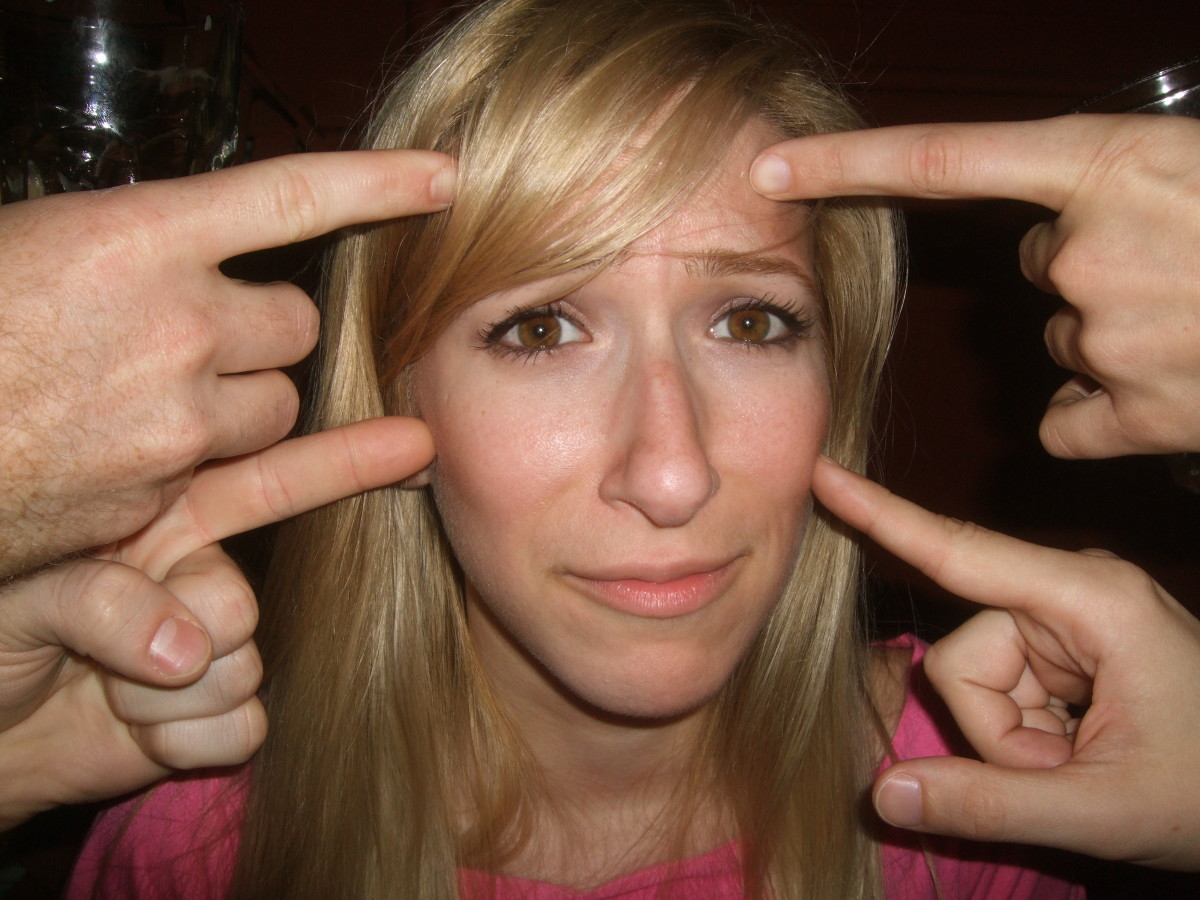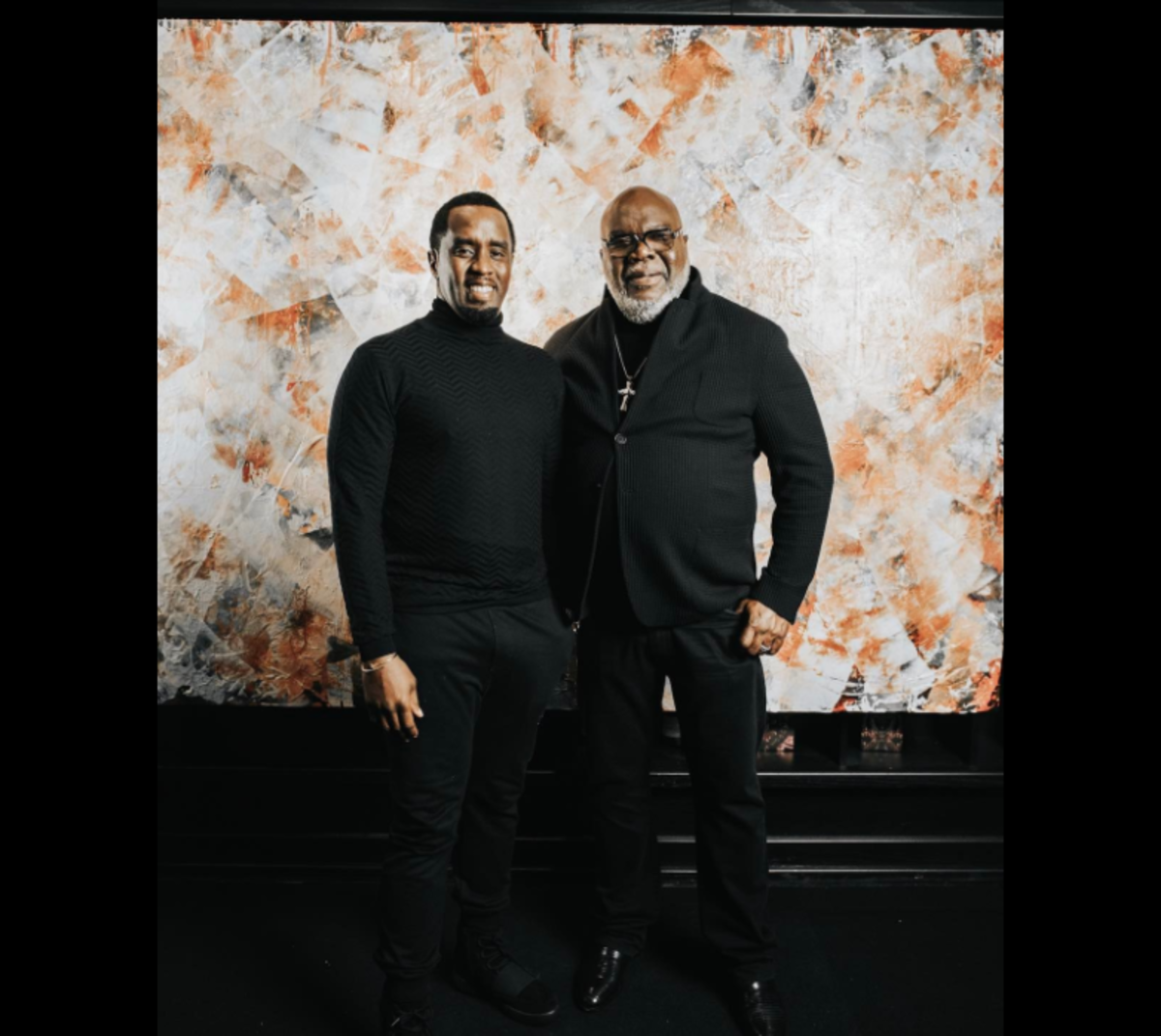Walking Wisely: How To Avoid Self-Inflicted Pain In Your Life
On a scale of 1 to 5 (best), how good are you at making wise decisions?
Overview
Have you ever wondered why things happen the way they do? Many people walk around frustrated about the fact that this world seems so unfair. This one seems to have everything going their way while another can’t seem to get a break. For some, it seems that everyone and everything is out to get them (including the IRS). It’s easy to blame people around us or find twenty reasons for our mess that have nothing to do with us. Circumstances can be complex and there are often several contributing factors. "This one should" and "that one didn’t" and "I wish they would have"... But, how much time do we spend actually looking at ourselves?
As you look back on your life, isn’t it true that much of the pain you’ve experienced in your life has been self inflicted? Obviously this doesn’t apply to things like your parents’ divorce, abuse you may have experienced as a child, etc. But I’m sure most of us can look back on our lives and see how our own choices have caused pain and suffering not only for us but in many cases for those around us. Even if we can’t see it in ourselves, we can certainly see it in the lives of people we know. What we do matters. In fact, who we are matters—our character, our integrity, our capacity for self control.
So what can we do to improve our circumstances in this life? It turns out that the Bible has a lot to say on the subject. In some cases our problems are a direct result of our actions. In others, our lack of action is the culprit. Either way, we can do a lot to make life better for ourselves and those around us. Ultimately our quality of life can be significantly improved by taking action to work toward the following goals:
- Consequence reduction
- Healing from our past
- Learning from mistakes
- Higher quality influences
Each of these is discussed in more detail below.
Consequence Reduction
Bad decisions bring consequences. Many of us know that instinctively, and yet often the consequences are chalked up to randomness of life or just bad luck. It's like we were spinning the "Wheel of Fortune" and just happened to land on "Bankrupt". And yet if we look at our decisions it doesn't take a lot of effort to discover that the choices we've made put us on a path that has lead right to our current destination. Some of us have spent our way into debt so suffocating that we can barely think straight. And as we financially begin to gasp for air, in the distance we hear the words that might have saved us from this fate if we had only listened and taken them seriously:
"Just as the rich rule the poor, so the borrower is servant to the lender." (Proverbs 22:7) NLT
This culture thinks of debt as a way to get what you want, when nothing could be further from the truth. Anyone who has sprinted down that path knows the truth of this verse. Our actions have consequences (some positive and some negative). Cheating on your spouse will wreck your marriage. Dishonesty in the work place will get you fired. Smoking will likely end your life 30 years too soon. Drinking and driving could end your life (or someone else's) five minutes from now. The Bible is full of passages that tell us that what we do will catch up to us. Most of us have experienced this first hand.
"Can a man scoop a flame into his lap and not have his clothes catch on fire? Can he walk on hot coals and not blister his feet?" (Proverbs 6:27-28) NLT
In other words, you reap what you sow. You may not believe in the God of the Bible but I bet you've either seen or experienced this principle at work. The principle itself is universal.
For Christians, this boils down to being a follower. The more we lean into God's providence and leadership, the easier it will be to avoid negative consequences.
Learning From Your Mistakes
For those of you who've been through a divorce or a breakup in the past, in what ways did you contribute to the demise of that relationship? You might be drawing a blank. Most of us could talk at length about the ways in which the other party helped steer us toward the cliff relationally. In fact maybe in your mind that person is completely at fault. This mindset is very easy to understand in cases of abuse, infidelity, neglect, etc. They crossed the line, you didn’t; case closed. And while that may make us feel better about ourselves right now, we actually hurt ourselves long term going down that path.
"What is causing the quarrels and fights among you? Don't they come from the evil desires at war within you? You want what you don't have, so you scheme and kill to get it. You are jealous of what others have, but you can't get it, so you fight and wage war to take it away from them. Yet you don't have what you want because you don't ask God for it. And even when you ask, you don't get it because your motives are all wrong—you want only what will give you pleasure." (James 4:1-3) NLT
In this passage, James is asking us to take a good hard look at the underlying reason for our circumstances and how we’ve contributed to it (even in a small way). In fact, he actually wants us to look deep within and understand what core issue within us causes us to act the way we act. It doesn’t help us to live as if we bear no responsibility. This principle isn't just about relationships. It's about every circumstance where our actions (or lack of them) caused pain either in our lives or the lives of people around us. Whatever my failures are, I am doomed to repeat them if I can't look at myself honestly and see those failures for what they are. Denial gets in the way and prevents us from learning and growing.
When things don't go well for you relationally or otherwise, imagine what would happen if the first question you asked yourself is "What am I doing to contribute to these circumstances?" This is a huge first step, which should then be followed up by action. You may need to apologize, admit you were wrong (even if someone else was even more wrong), or make other changes and adjustments. Pride keeps us stuck and prevents us from making the changes we need to make our lives better. Humble yourself, see yourself for who you are, and respond accordingly.
Healing from Your Past
Many of us walk around with pain that has never healed from events that occurred years ago. This could be abuse or neglect from our childhood or a past relationship. It could be the trauma of a divorce or a death of someone close to you. Maybe a parent walked away and left you feeling abandoned. These events can have a profound impact on the rest of your life. The mental model you use to make decisions could be completely skewed by messages you internalized because of these events. You could completely avoid situations that would actually be good for you because of the fear and anxiety you have lived with for years. Many of us are single and alone not because we want to be but because we are afraid to make ourselves vulnerable due to some event we don't like to think about.
The first step really is to admit to yourself that you need healing. This can be the most difficult part, because many of us have blocked out these events or are afraid of reopening the wound. But many of us could see the negative effects if we would just stop and take a good look at ourselves. Fear and anxiety, nightmares or flashbacks, poor self image, depression, anger issues, or thoughts of suicide are all signs that something is going on that needs attention. These are often things that we cannot work through on our own. We need someone to help us understand what's going on and guide us on our quest for healing. At the end of the day, it's up to you to actively pursue the healing you need. I have friends who have found healing and relief from some of the darkest and deepest pain I can imagine all after significant time spent in counseling. They didn't let anything stand in their way and they weren't satisfied with where they were at. It definitely took work and the healing didn't happen right away, but they would each agree that the outcome is very much worth the effort.
Higher Quality Influences
Are you walking through life with people who help keep you out of trouble? Many of us have natually gravitated toward people who have been through the same things we have. They've made similar mistakes, had similar struggles, might even have similar blind spots. They're comfortable to be around because we never feel like we will be judged by them. In fact, these friends are happy to jump into a group pity party with us anytime we want. And as we sink into the comfortable softness provided by their presence, we are in fact no better off today than we were yesterday. No one helped us recognize our own mistakes and challenged us to learn from them. We still have no healthy examples to follow. Some of us are good at learning from our own mistakes but those people are very much the exception and not the rule. At the end of the day, the wisest thing we can do is spend time finding people around us who are where we want to be in life so we can learn from them. Who is where you want to be financially? Who do you want to use as a model for your marriage or your parenting style? Find out what they are doing and go do that.
"He who walks with the wise grows wise, but a companion of fools suffers harm." (Proverbs 13:20) NIV
Surrounding ourselves with people just as messed up as we are keeps us stuck. Instead, learn how to be wise from those who are wise. Examine who you spend time with and take an honest look at whether or not they are having a detrimental affect on your ability to make make good decisions. If a friend is keeping you stuck and derailing your decision making, then that friend should go away. The relationship is not worth it in the long run.
Conclusion
Obviously there are things we can't control. We have no control over tsunamis or tornadoes. Politicians will continue to do what they do. People around us will continue to impact our lives in negative ways. But when it comes to our own decisions, we do have control over that. The Bible asks us to take a step back and examine ourselves--to look within ourselves for things that need work. This mission, should we choose to accept it, could have a profound effect on the quality of our lives. We're all looking for ways to make life better. All of us, regardless of our circumstances or religious affiliation, can benefit from these simple Biblical principles. Which one do you think you could most benefit from?
Other Hubs by SonFollowers
- Saving the American Economy
The U.S. economy continues to struggle mightily, despite rapidly descending interest rates and stimulus packages. Is there a root cause for our current predicament? If so, how do we resolve it?





